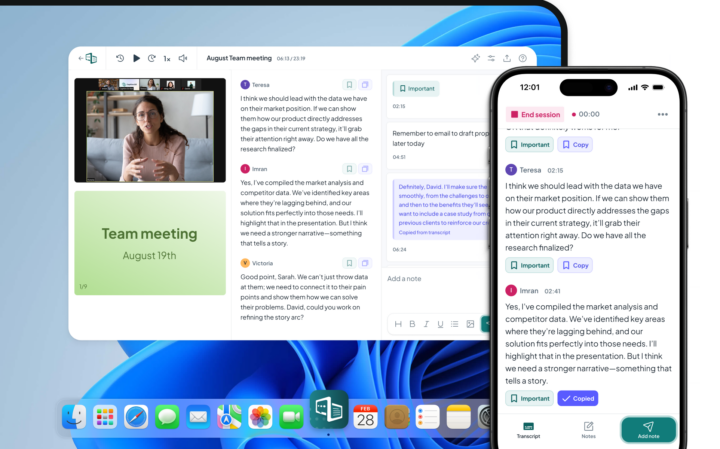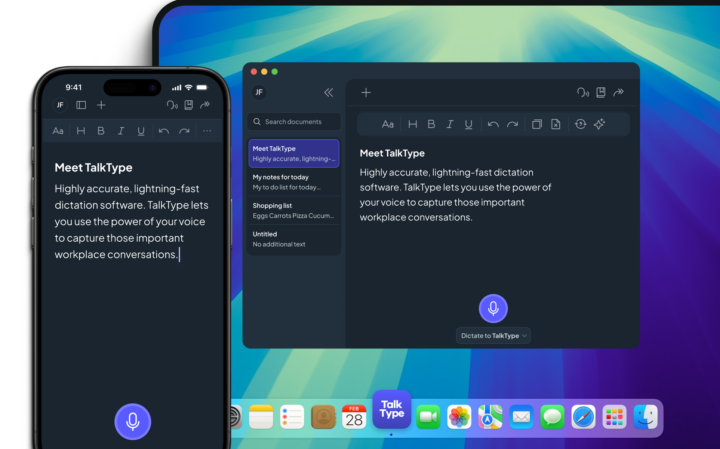What Causes an Autism Accent?
Researchers aren’t clear on what causes someone to have an Autism Accent. But they can see how different factors play a role in it’s development. For the time being, we can highlight some core areas that may lead to the development of an Autism Accent:
1. Neurological
Individuals with ASD (autism spectrum disorder) often show atypical neurological patterns. Key areas where this shows up include coordination of fine motor skills, affecting control over facial expressions, articulacy, and mouth movements.
ASD can also make it more difficult to process and interpret auditory data. This can lead to a lack of accurate perception of speech sounds. Sensory sensitivities can also impact speech sound perceptions and influence the development of an Autism Accent.
2. Developmental
The social and environmental factors that children with ASD grow up with can influence the development of an Autism Accent. Limited social interactions via family, peers, or friends can slow down or distort language acquisition. Word repetition, also known as Echolalia, can also have a negative impact on the development of an accent.
Some people with ASD can also memorise word sounds, tone, and pitch from areas of popular culture such as songs, films, and TV shows. Any speech therapy or other therapeutic interventions can also play a role in shaping an accent over time.





